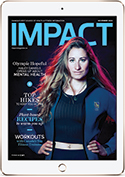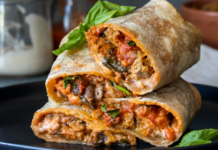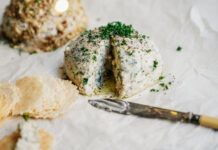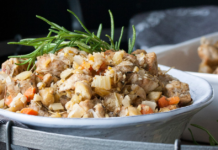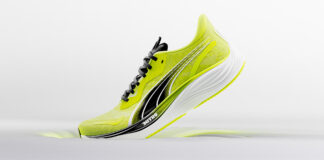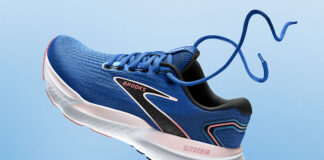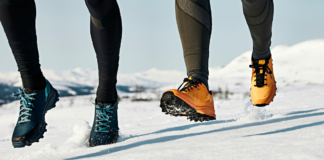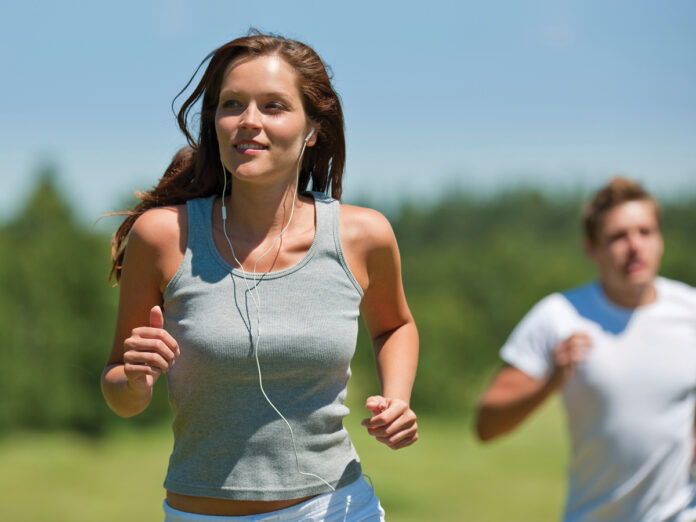
Maybe you’re the runner who is not getting faster or your workouts designed to gain muscle are simply not working. If all that effort isn’t pushing you to achieve your fitness goals, it’s likely you need to switch up your strategy – in the kitchen. Hitting a training plateau can be tough, especially for a dedicated athlete, but revisiting your nutrition will position you to perform at your best.
When I began running marathons two decades ago, I didn’t initially know how to fuel my body. I sort of guessed. And I guessed wrong. Despite all my training, I wasn’t getting a better time and was feeling really awful during and after races. That’s because I had hit the dreaded plateau. When I learned how to better hydrate my body and the importance of planning to have carbohydrates regularly to top up my fuel during the marathons, the races were enjoyable and more successful.
Fine-tuning your appetite for good nutrition will help you break through a training plateau. Follow these nutrition tips to rejuvenate your game.
Fill your plate with nutrient-dense foods
Eat adequately to meet training demands by choosing athlete-sized portions of nutrient-dense foods. Low energy availability hinders performance by resulting in hormone and metabolic changes. Fill half your plate with colourful veggies and the rest with protein and high-fibre carbohydrates respectively. Choose larger portions of starches and protein rich foods around tough workouts.
Fuel regularly
Avoid running on an empty tank. Space your food intake throughout the day, ensuring you have a good source of protein at each meal and snack. Optimize muscle building by spacing your protein intake every three to four hours in 20 to 40 g increments.
Hydrate wisely
Proper hydration is key to performance. Re-evaluate your hydration by keeping tabs on your total fluid intake each day, as well as how much you drink during your workout. Depending on factors like body size and temperature, for every hour of exercise, drink about two to three cups of fluid. Water is best for training sessions that last less than an hour. For exercise lasting longer than an hour, consider a sports drink.
Prioritize recovery
Eat and hydrate soon after practice. Choose meals or snacks that include grams of carbs and protein in a 2:1 ratio. For example, two cups of chocolate soy milk provide 38 g of carbohydrates and 18 g of protein. In addition to improving post-workout fueling, sleep is essential to recovery. To improve sleep quality, avoid caffeine before bedtime and choose a light magnesium-rich meal in the evening.
Consider nutrient performance enhancers
Here are a few examples of nutrients that may supplement healthy eating to enhance your results. Individual results vary, so try these strategies in practice. Also, supplements are not necessary for performance gains and are not recommended in adolescents. For specific information about dosing, check out the International Olympic Committee consensus statement on supplements: gazellenutrition.com/5-sports-supplements-that-boost-performance
Caffeine
Caffeine reduces perceived effort and fatigue and improves focus for many athletes. Use caffeine about 60 minutes before exercise or during the latter part of a competition to get results.
Nitrates
Nitrates can improve performance by increasing breathing efficiency, particularly for high-intensity efforts. To harness the benefits of nitrates, regularly include foods like beets and arugula.
Creatine
Creatine supplements increase muscle creatine stores and enhance short-term, high-intensity exercise. Benefits include enhanced muscle building, exercise recovery, injury prevention, and concussion recovery.
Conquering a fitness plateau is not easy. Amp up nutrition to reinvigorate your training!
 IMPACT Magazine’s November Edition
IMPACT Magazine’s November Edition
RBC Olympic hopefuls Hayley Daniels, Sam Effah and Kate Wright as our inspiring cover athlete stories! Get prepared for winter running, making movement part of your workday, and exploring great hikes near Calgary and Vancouver.

